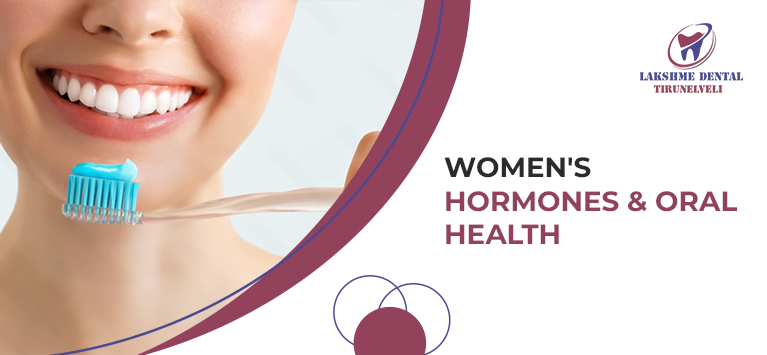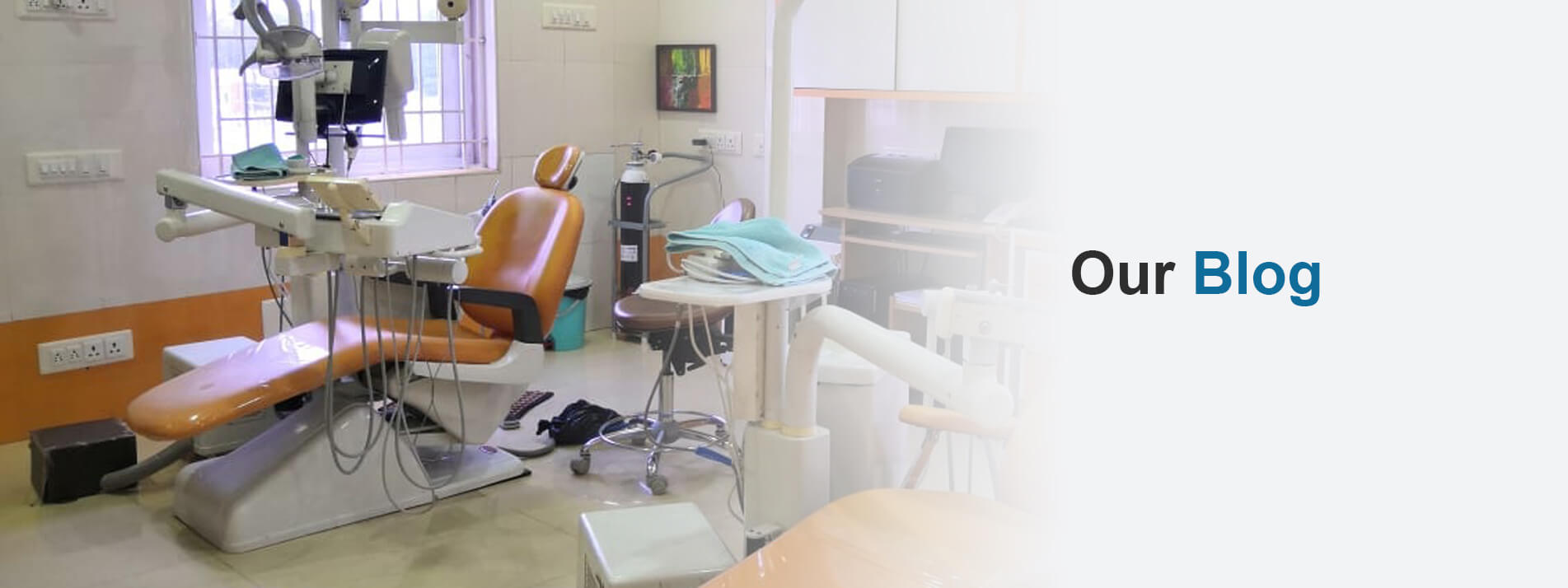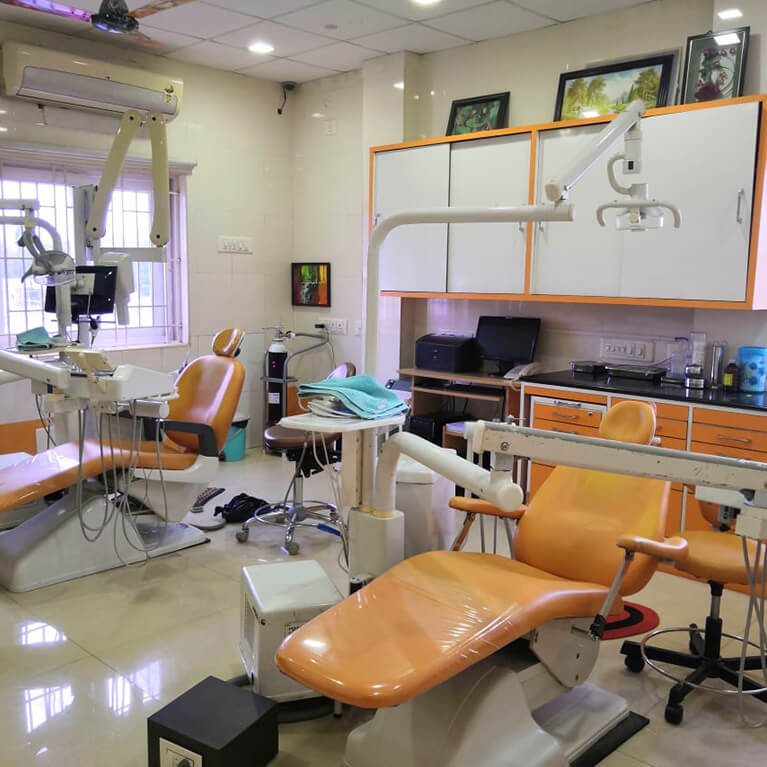
Women’s Hormones & Oral Health
Women undergo numerous hormonal changes throughout their lives, and it’s surprising to discover how these changes can significantly impact their oral health. This article explores the correlation between women’s hormonal fluctuations and oral health issues, aiming to raise awareness and provide insights into maintaining optimal oral health during different stages of a woman’s life.
The Issue of Oral Health in Women
Women are predisposed to developing oral health problems, irrespective of their oral hygiene routines. But why is that?
Hormonal Changes and Their Impact
The simple answer is hormones. Women experience hormonal changes at various stages in life. These changes make them more susceptible to oral health problems. Hormones can affect the blood supply to gum tissue and the body’s response to toxins from plaque buildup. As a result, women have a higher risk of developing periodontal disease and other oral health problems at specific life stages.
How Hormonal Changes Affect Oral Health
Throughout a woman’s life, there are five stages where hormonal fluctuations make women more prone to developing oral health issues:
- Puberty
- Menstrual Cycle
- Use of Birth Control Pills
- Pregnancy
- Menopause
Let’s explore each of these stages more extensively.
Puberty and Oral Health
Puberty, characterized by a surge in the production of female hormones estrogen and progesterone, can increase blood flow to a woman’s gums. This surge can change how her gum tissue reacts to plaque irritants, causing gum tissue to become red, swollen, tender, and bleed more frequently during brushing and flossing.
Menstrual Cycle and Oral Health
Hormonal changes during a monthly menstrual cycle can lead to oral changes like the development of mouth ulcers, canker sores, swollen gums, and bleeding gums. Some women might also encounter menstruation gingivitis, a condition that usually occurs just before a woman’s period and tends to resolve shortly after her period begins.
Birth Control Pills and Oral Health
Birth control pills containing progesterone can cause gum inflammation due to the body’s heightened reaction to toxins produced by plaque. They can also alter the ability to clot excess bleeding during dental treatments like tooth extraction. If you take birth control pills, it’s crucial to inform your dentist so they can provide advice on managing hormonal-related oral health issues.
Pregnancy and Oral Health
Pregnancy brings about significant hormonal changes, increasing the risk of developing pregnancy gingivitis between the second and eighth months. Every 2 out of 5 pregnant women get pregnancy gingivitis. Research suggests that pregnant women with periodontal disease may be more likely to deliver premature & lower weight babies. Hence, regular dental check-ups and cleanings are essential during this stage.
Metallic Taste In Mouth During Pregnancy
Another common symptom during pregnancy is a metallic taste in the mouth, which can occur due to hormonal changes. This taste alteration is usually temporary and tends to resolve after childbirth. Additionally, it’s generally safe to get all necessary dental treatments before pregnancy to ensure that your oral health is in good condition.
Menopause and Oral Health
Menopause brings about its own set of oral health complications, including changes in taste, frequent burning sensation in the mouth, increased sensitivity to hot and cold foods and drinks, and dry mouth. A decline in estrogen also increases the risk of bone density loss, resulting in osteoporosis, which can lead to tooth loss and gum recession. This condition increases the risk of cavity formation in older women during the menopausal period.
Tips for Maintaining Oral Health with Hormonal Changes
Maintaining good oral health is essential, especially during hormonal changes. Here are some suggestions to maintain a healthy and bright smile:
Regular Dental Check-ups and Cleanings
Regular visits to your dentist are crucial, as they can detect early signs of oral health issues and provide preventive care. Professional cleanings can remove plaque and tartar buildup, which can help prevent gum disease and cavities.
Proper Oral Hygiene Practices
Brushing your teeth twice a day and flossing daily are essential for good oral hygiene. Use fluoride toothpaste and a soft-bristled toothbrush to clean your teeth and gums thoroughly. Proper technique is key, so ask your dentist for guidance if needed.
Healthy Lifestyle Habits to Support Hormonal Balance
Maintaining a healthy lifestyle can support hormonal balance and improve oral health. Exercise regularly, get enough sleep, and manage stress levels during hormonal changes.
Dietary Recommendations for Oral and Hormonal Health
A balanced diet rich in vitamins, minerals, and antioxidants can support oral and hormonal health. Consume ample fruits, vegetables, whole grains, and lean proteins. Limit your intake of sugary and acidic foods and beverages, as these can lead to tooth decay and gum disease.
By following these tips, you can maintain good oral health during hormonal changes and enjoy a healthy smile for years to come.
Extra Care During Hormonal Changes
Women’s dental health is crucial & often less noticed. During the stages of hormonal change, it’s vital for women to pay special attention to their oral health. It’s necessary to raise awareness about the link between women and oral health; the more informed women are, the more likely they are to maintain their beautiful and healthy smiles which can pave the way to better women’s oral health.
If you have any questions or require advice on further steps to protect your teeth and gums, feel free to contact us or your dentist.










